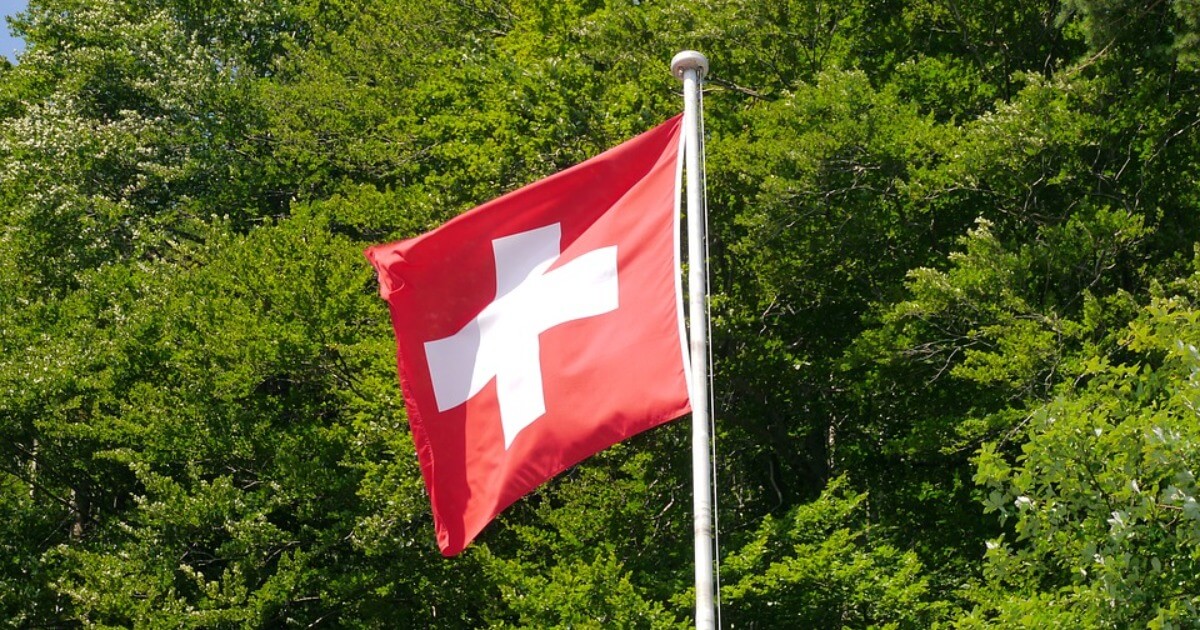Germany: Increasingly Mimicking Italy‘s Economy? Or Eventually Turkey’s?
Today’s Germany may be threatened with what doomed Italy in the 1980s – a profound failure to adapt to a vastly changed world.
September 15, 2023

A Strategic Intervention Paper (SIP) from the Global Ideas Center
You may quote from this text, provided you mention the name of the author and reference it as a new Strategic Intervention Paper (SIP) published by the Global Ideas Center in Berlin on The Globalist.
The economic situation in Germany is aggravated by policies that have created a regulatory system that is highly inter¬ventionist. This includes a crippling bureaucracy that has allowed the country’s infrastructure to decay. Little wonder then that many owners of German medium-sized companies are thinking about relocating their entire company abroad.
Cautionary example: Italy?
What happens when an industrialized country fails to adapt to changing circumstances is illustrated by the example of Italy. Like other Western industrialized countries, Italy experienced a strong economic upturn after the Second World War.
Like Germany, Italy at the time also managed to narrow the gap to the U.S. economy. But toward the end of the 1970s, the process of catching up with the United States came to an end. Since the early 1980s, that gap has been growing. And in 2018, Italy’s real GDP per capita was even below the 2007 level.
Productivity matters
The main reason for the slowdown in economic growth is the lack of growth in the productivity of labor and capital. From the early 1950s to the late 1970s, Italy’s so-called total factor productivity – encompassing technical progress, education and managerial skill — grew faster than in the United States and in line with Germany.
After the slump in the adjustment recession of 1981-82 however, total factor productivity growth did not recover in the years that followed – unlike in the United States and Germany.
Italy’s total factor productivity remained the same until the end of the 1990s, and has been falling since the beginning of the new century.
GDP growth and depreciation
Despite that stagnation, Italy’s real GDP was still rising until the start of the financial crisis of 2007. The reason for this was export subsidies through devaluation of the lira’s exchange rate until Italy entered the European Monetary Union.
Until 2001, the devaluation continued due to the initial weakness of the euro. This helped to support domestic production, discouraged imports and shielded the jobs of Italian workers – at least in part from foreign competition.
The currency weakness allowed the increase in Italy’s public debt to be temporarily suspended. However, as the euro exchange rate recovered, the impetus provided by currency devaluation fell away, and fiscal policy sought to stimulate the economy through new borrowing. What private buyers found too expensive or shoddy, the government bought.
Low growth, but why?
The reasons for Italy’s weak growth are the subject of intense debate among economists. Lorenzo Codogno and Giampaolo Galli, in a comprehensive analysis published late last year, point to a whole range of deficiencies.
They cover the entire range from an overbearing bureaucracy, a sluggish judiciary sector, a sclerotic labor market, an underdeveloped financial system, a poor education system, a lack of competition and over-indebtedness, all the way to a political system dominated by group egoisms and the pursuit of special interests.
In sum, all these factors combined have prevented Italy from making the transition from a traditional manufacturing economy to a knowledge-based economy. Italy remains trapped in outdated structures, while the global economic environment has fundamentally changed.
Germany needs an Agenda 2030
At this point, Germany is (still) far better off than Italy. But the continuous erosion of the German economic model and the inability – or unwillingness – of successive governments to change course suggests that Germany may be threatened today with what doomed Italy in the 1980s – a failure to adapt to a vastly changed world due to overbearing structural rigidities.
If nothing changes, national bankruptcy looms, which could only be averted by a new flood of money from the European Central Bank. The consequences would be rising inflation and currency collapse – in short, Turkish conditions.
The way out of the crisis
The situation is reminiscent of 2002, when Germany was called the “sick man of Europe.” Back then, Gerhard Schröder’s government responded with “Agenda 2010.” Today, Germany is once again at a crossroads – not only politically with the turnaround proclaimed by Chancellor Scholz, but also economically.
In his first term, Schröder was laid-back, sporting big cigars and expensive suits instead of engaging in hard policy. This changed radically in his second term. For now, Olaf Scholz is more like Schröder in his first term – though without the cigars and suits. Germany needs him to surprise it, and “to do a Schröder.”
Conclusion
Germany must reposition itself in terms of energy supply. The state must also reduce bureaucracy and modernize public infrastructure.
German industry must also take on the latest challenge in the fields of digital technology and artificial intelligence.
And German society and politics must come to grips with the aging of the population, reform the education system and tackle the migration crisis.
Takeaways
Today’s Germany may be threatened with what doomed Italy in the 1980s – a profound failure to adapt to a vastly changed world.
Germany suffers from the continuous erosion of its economic model, which is largely the consequence of the inability and/or unwillingness of successive governments to change course.
If Germany doesn’t change course, national bankruptcy looms. This could only be averted by a new flood of money from the European Central Bank. The consequences would be rising inflation and currency collapse – in short, Turkish conditions.
Germany must reposition itself in terms of energy supply. The state must also reduce bureaucracy and modernize its public infrastructure.
German industry must take on the latest challenges in the fields of digital technology and artificial intelligence.
German society and politics must come to grips with the aging of the population, reform the education system and tackle the migration crisis.
A Strategic Intervention Paper (SIP) from the Global Ideas Center
You may quote from this text, provided you mention the name of the author and reference it as a new Strategic Intervention Paper (SIP) published by the Global Ideas Center in Berlin on The Globalist.


